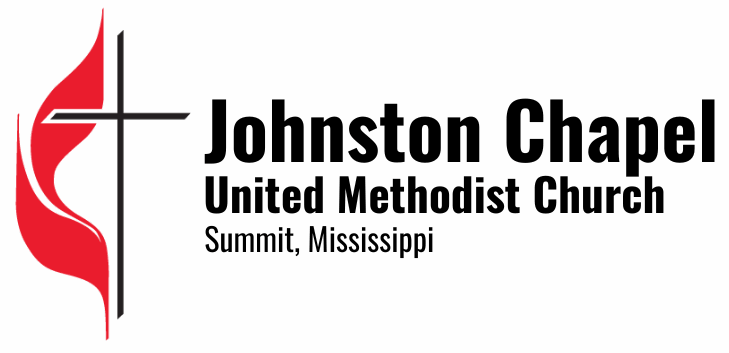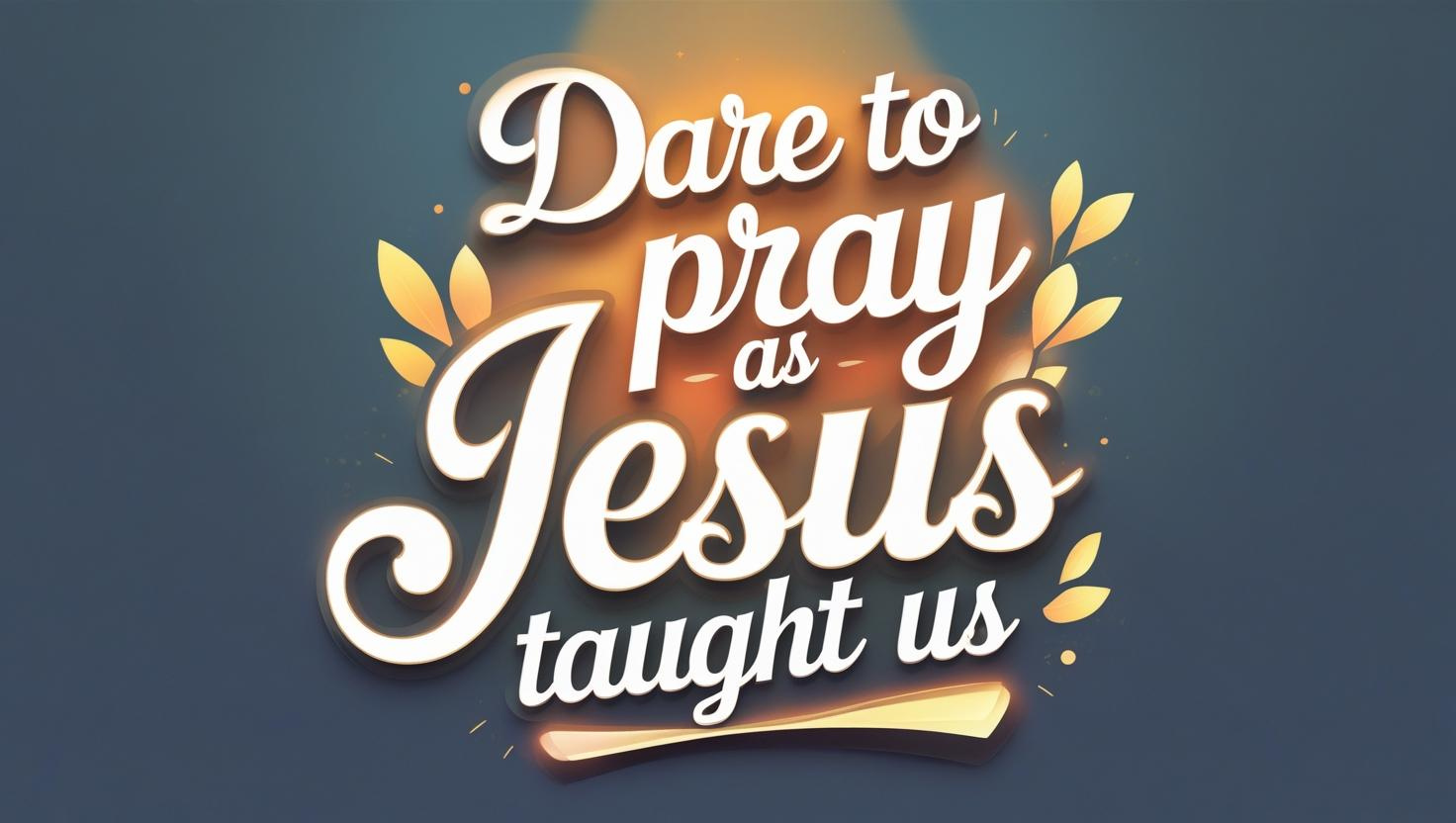Have you ever wondered what might happen if we truly meant the words we pray? What if we dared to sincerely ask for God’s kingdom to come and His will to be done – and then lived as if we meant it? This profound question invites us to explore the transformative power of prayer and its potential to reshape our lives and the world around us.
The disciples once approached Jesus with a simple yet profound request: “Lord, teach us to pray.” In response, Jesus provided what we now know as the Lord’s Prayer. This model prayer isn’t just a set of words to recite; it’s a framework for how we should approach our communication with God. It encompasses praise, petition for our needs, forgiveness (both receiving and giving), and seeking protection.
But Jesus didn’t stop there. He went on to teach about the nature of prayer itself, emphasizing persistence and faith. He used the parable of a friend knocking at midnight, illustrating that we should keep asking, seeking, and knocking. This persistence isn’t about wearing God down, but rather about aligning our hearts with His will and demonstrating our faith and dependence on Him.
Jesus also highlighted God’s goodness, comparing Him to earthly fathers who give good gifts to their children. If imperfect human parents know how to give good things, how much more will our perfect heavenly Father give to those who ask Him? This teaching reminds us of God’s love and willingness to respond to our prayers.
However, prayer is more than just talking to God or asking for things. It’s about listening, being open to God’s voice, and being willing to be the answer to prayer ourselves. When we pray for others, we must be prepared for God to use us as His hands and feet in the world. The food bags prepared for those in need are a tangible example of this principle – they are answers to the prayers of those struggling with hunger.
The story of John Wesley’s spiritual awakening on Aldersgate Street illustrates the transformative power of genuine faith and prayer. Wesley, already an ordained priest, experienced a profound change when he fully surrendered his life to Christ. Immediately after this experience, he began praying for those who had wronged him – a testament to the change Christ can bring to our hearts when we truly surrender.
This surrender is at the heart of what it means to pray, “Thy kingdom come, Thy will be done.” It’s a dangerous and radical prayer because it means giving up our own agendas, plans, and preferences. It’s a prayer of complete surrender, making ourselves available to the leading of the Holy Spirit and saying, “God, use me to bring about your kingdom right here and right now.”
Imagine if we were as passionate about God’s kingdom as we are about our favorite sports teams, political causes, or personal interests. What if we channeled that same energy and enthusiasm into being the hands and feet of Jesus in the world? The potential for change is enormous.
John Wesley’s life after his Aldersgate experience exemplifies this radical commitment. When he returned from studying with the Moravians in Germany, he began preaching a message of personal piety and social justice that challenged the status quo of the Church of England. When churches closed their doors to him, he took to the fields and marketplaces, going where the people were.
Wesley’s willingness to be “more vile” in the eyes of the established church led him to preach to thousands who might never have heard the gospel otherwise. He reached out to those the church had neglected, showing them that they were welcome and that the love of God was available to them.
This is the challenge we face today. If we don’t go and offer Christ to the world, who will? Whether it’s at the local Walmart, on social media, or in our neighborhoods, we are called to go where the people are and show them the love of Christ. This is what it means to pray “Thy kingdom come, Thy will be done” and truly mean it.
Prayer, when approached with sincerity and surrender, has the power to transform not only our own hearts but also the world around us. It’s not just about the words we say, but about opening ourselves up to be used by God in whatever way He sees fit. It’s about being willing to step out of our comfort zones and into the places where people need to hear the good news of God’s love.
As we reflect on the power of prayer, let’s challenge ourselves to pray with new intentionality. Let’s dare to pray dangerous prayers that surrender our will to God’s. Let’s be open to being the answer to someone else’s prayer. And let’s commit to showing the love of Christ to those around us, especially to the unchurched and overlooked in our communities.
In doing so, we may find ourselves becoming “more vile” in the eyes of the world, but more aligned with the heart of God. We may find ourselves standing on unconventional platforms, speaking words of hope and love to those who desperately need to hear them. And we may find that in losing our lives for Christ’s sake, we truly find them.
The invitation is clear: let’s pray as if we mean it, and then live as if we prayed it. Let’s submit ourselves to be used by God, to be His hands and feet in a world that desperately needs His love. In doing so, we may just find that we’re part of bringing God’s kingdom to earth, one prayer, one act of love, and one transformed life at a time.




No responses yet